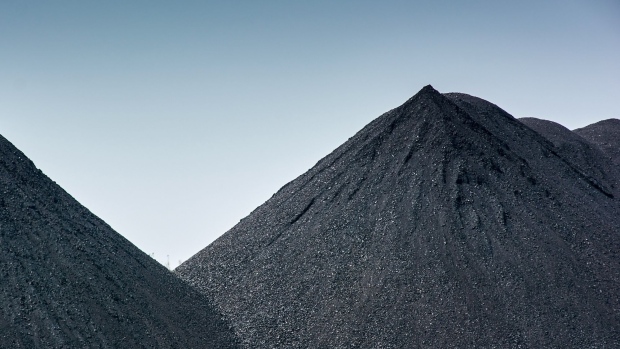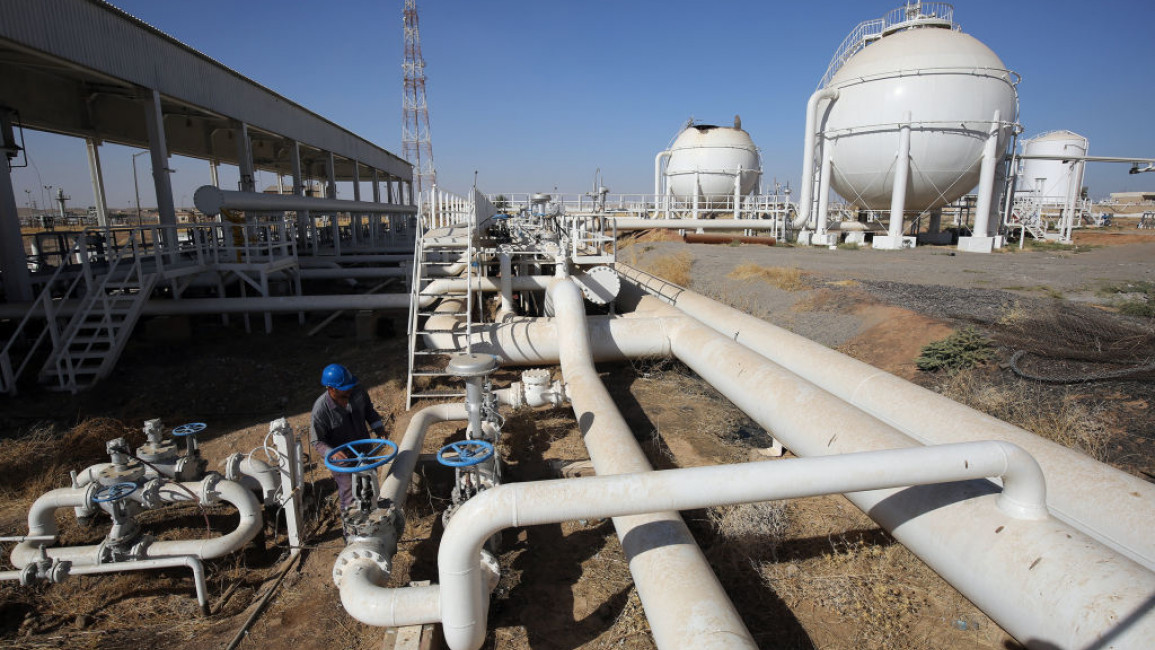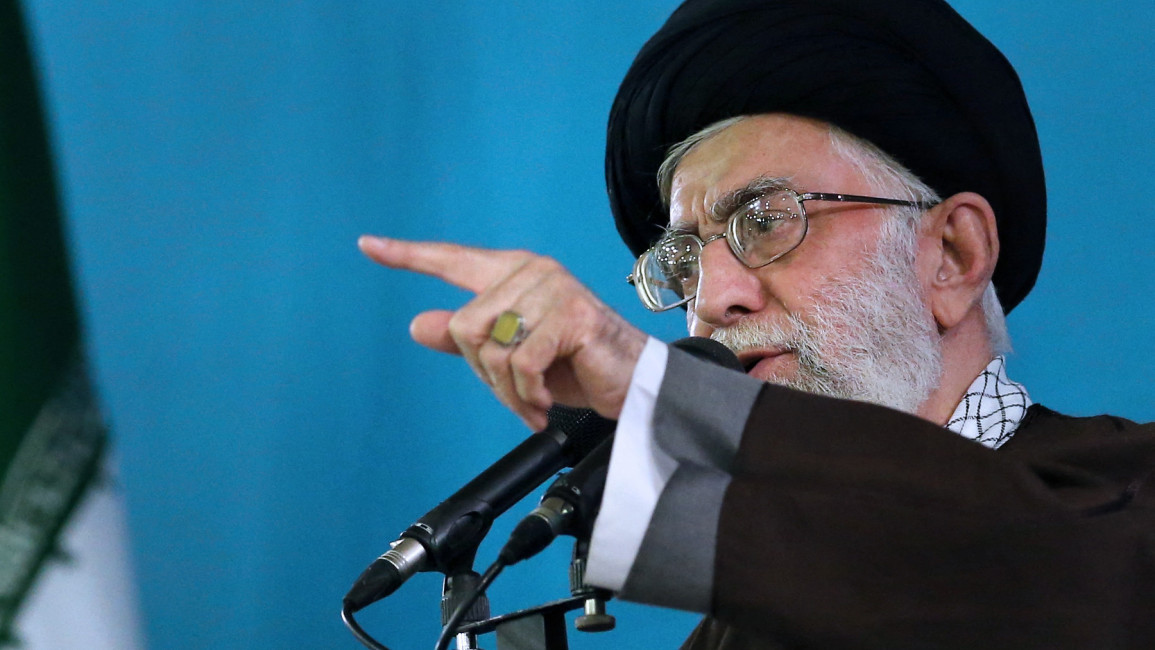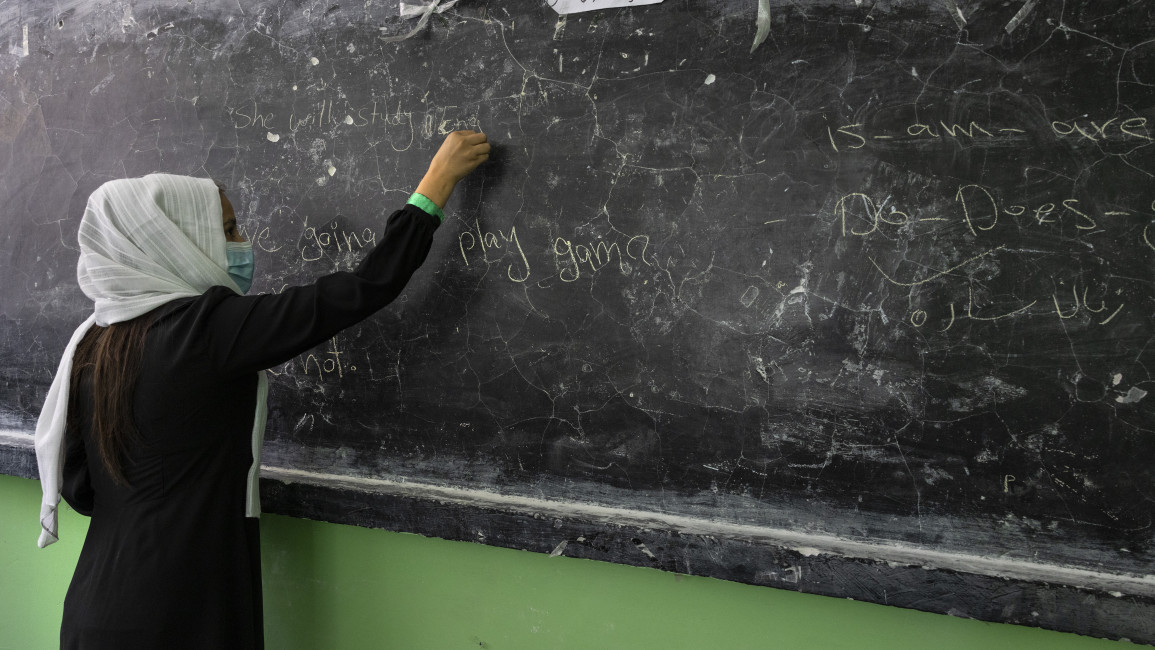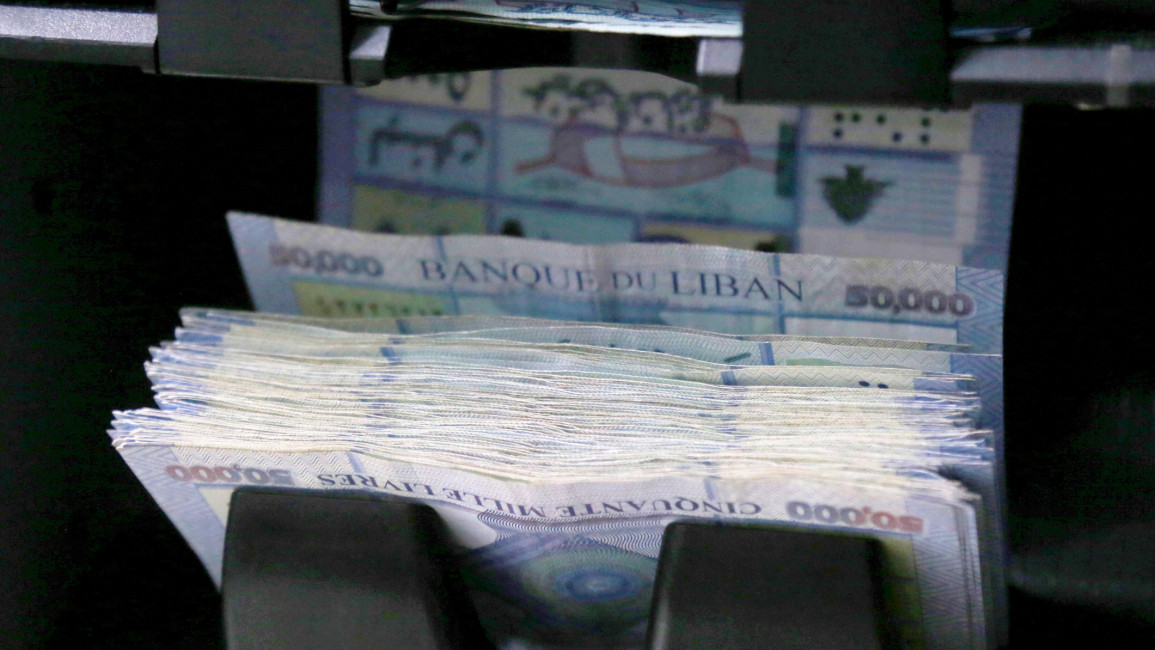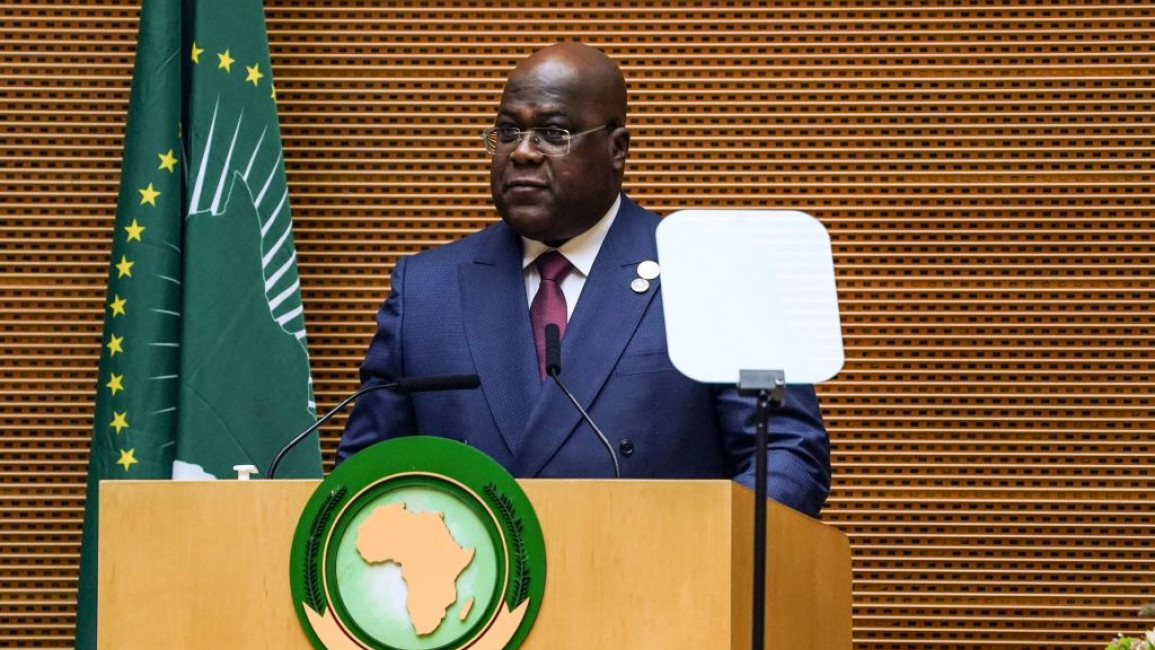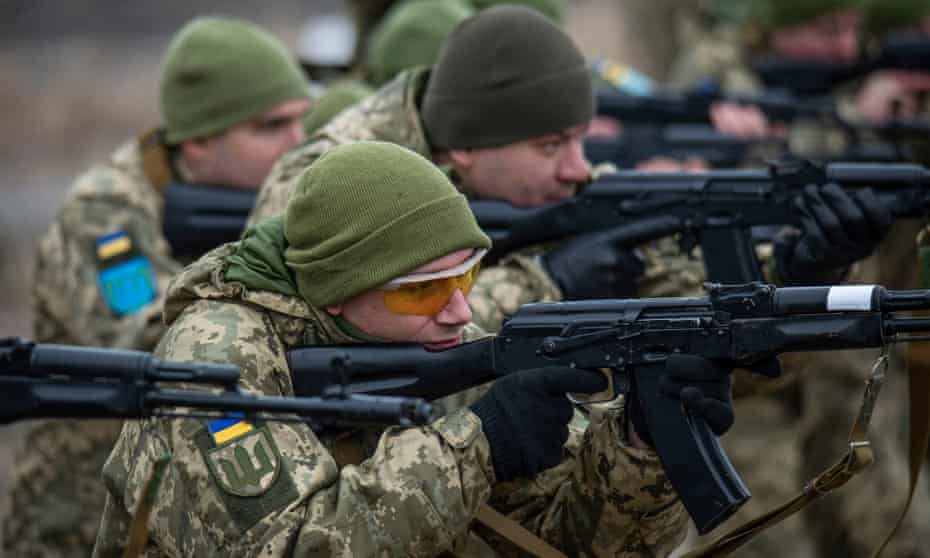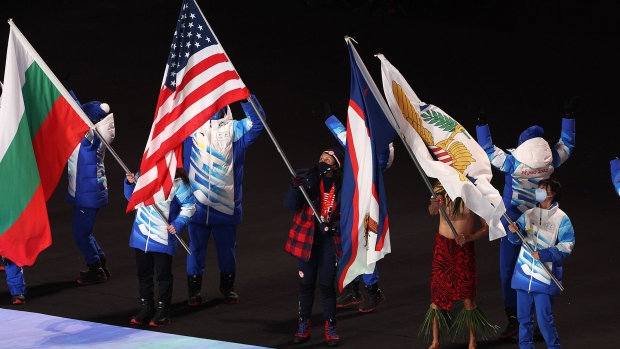(Bloomberg) -- By the time the closing ceremony ended at the 2022 Beijing Olympics, women were responsible for winning the majority of Team USA’s 25 medals.
Female athletes on Team USA took home 17 medals, the most by any nation at the winter Games, with 13 from women’s events and four more in mixed-gender competitions. That included gold and silver medals in the inaugural monobob event by Kaillie Humphries and Elana Meyers Taylor, respectively. Women also dominated the snowboarding events: Chloe Kim cemented her gold in the women’s halfpipe event, Lindsey Jacobellis won gold for women’s snowboard cross, and Julia Marino took home silver for women’s slopestyle.
Even so, all the success at the Olympics is just “a veneer of gender equality’’ that hides issues that can plague women athletes, from a lack of funding to outsized scrutiny on social media platforms by viewers at home, said Michele Donnelly, a sports management professor at Brock University in Ontario. She said medal numbers alone aren’t proof of parity at the Olympics, where an estimated 45% of all athletes in Beijing were women.
“We get a really skewed sense of how far the Games have come in terms of gender equality,” Donnelly said. “We celebrate the wins and we don't often have the conversation about the fact that they're in spite of the much more limited resources that women's sports are receiving.”
For female athletes in particular, a lack of monetary support at the Olympic level can echo the disparate funding available to organizations such as the WNBA, the National Women’s Soccer League and the Premier Hockey Federation, especially when compared to their male counterparts.
Though members of Team USA are not paid to participate n the Games, they can receive cash prizes from the U.S. Olympic and Paralympic Committee for each medal they bring home. Some athletes have lucrative endorsement deals that match their superstar status — Kim has deals with companies including Nike Inc., Toyota Motor Corp. and Monster Beverage Corp. — while others have day jobs that may or may not overlap with their sport.
The Olympic Games tend to inspire more coverage of women’s sports than is typically in the mainstream, but the difference in the ways each sport is judged can send subliminal messages to viewers about the relative skill of athletes overall. Five female skiers on Feb. 8 were disqualified from competing in the mixed-team ski jumping event due to uniforms that were considered too baggy, and some events task female athletes with different courses than male athletes. These regulations can incorrectly signal to viewers that female athletes are performing at a less elite level than men are — when, make no mistake, they are all at the same Olympic Games.
While Donnelly is heartened by the gains made by female athletes and their teams in recent years, she cautions against potential backsliding due to complacency, as well as against treating this year’s gathering as milestone without looking at the broader context. There are fewer opportunities for women at the winter Olympics too, with 51 men’s events and 46 for women and 12 additional mixed-gender contests. Many sports, including bobsled and luge, allocate more spots for men than women.
“It's hard for me in 2022 to get excited about 45% of the athletes” being women, Donnelly said of the Beijing Games. “It's great that it is a higher number than ever before, but how are we not at, in its most basic definition, an equal number of athletes?”
©2022 Bloomberg L.P.
